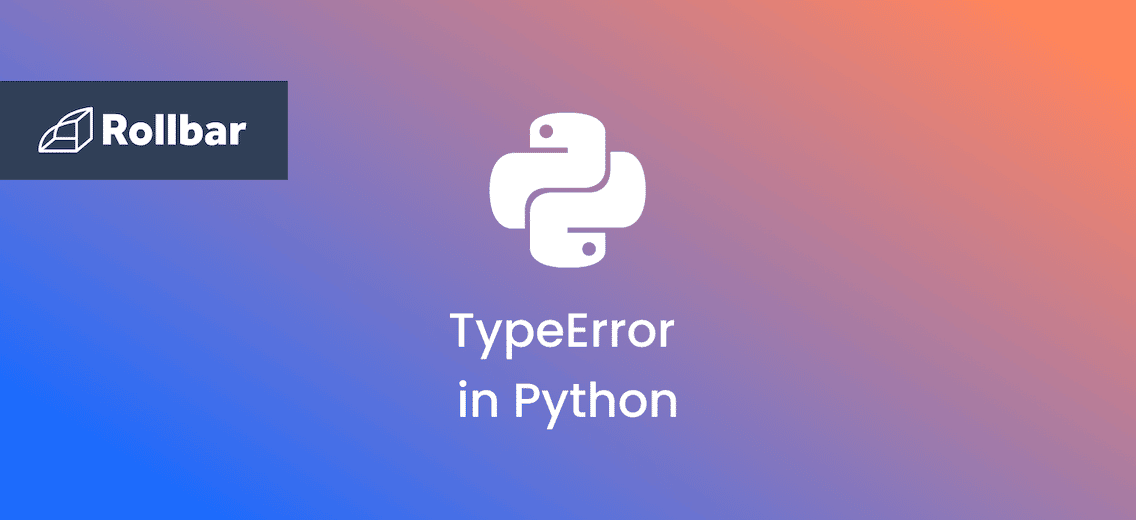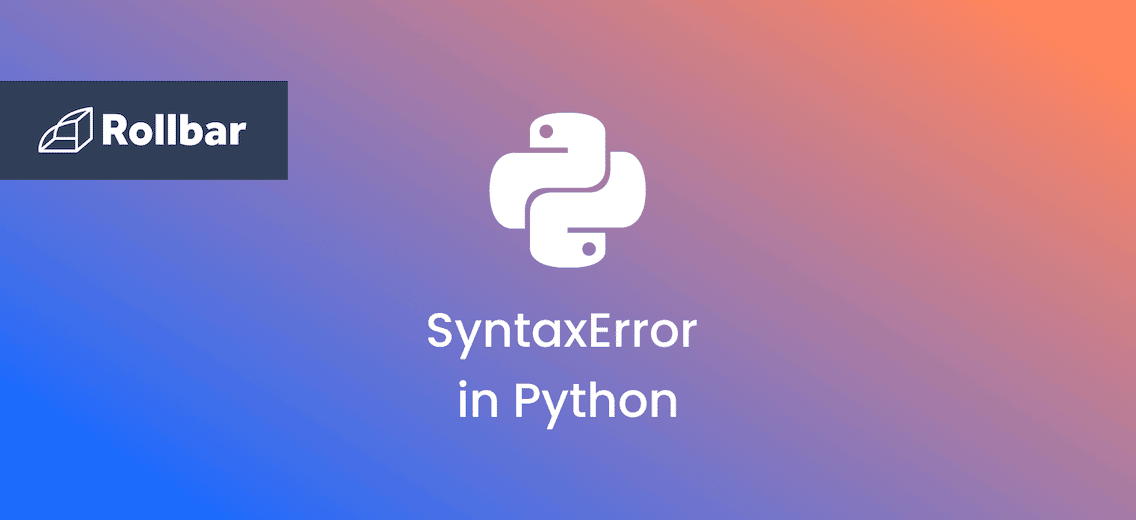The Python TypeError: NoneType Object Is Not Iterable is an exception that occurs when trying to iterate over a None value. Since in Python, only objects with a value can be iterated over, iterating over a None object raises the TypeError: NoneType Object Is Not Iterable exception.
What Causes TypeError: NoneType Object Is Not Iterable
For an object to be iterable in Python, it must contain a value. Therefore, trying to iterate over a None value raises the Python TypeError: NoneType Object Is Not Iterable exception. Some of the most common sources of None values are:
- Calling a function that does not return anything.
- Calling a function that sets the value of the data to
None. - Setting a variable to
Noneexplicitly.
Python TypeError: NoneType Object Is Not Iterable Example
Here’s an example of a Python TypeError: NoneType Object Is Not Iterable thrown when trying iterate over a None value:
mylist = None
for x in mylist:
print(x)
In the above example, mylist is attempted to be added to be iterated over. Since the value of mylist is None, iterating over it raises a TypeError: NoneType Object Is Not Iterable:
Traceback (most recent call last):
File "test.py", line 3, in <module>
for x in mylist:
TypeError: 'NoneType' object is not iterable
How to Fix TypeError in Python: NoneType Object Is Not Iterable
The Python TypeError: NoneType Object Is Not Iterable error can be avoided by checking if a value is None or not before iterating over it. This can help ensure that only objects that have a value are iterated over, which avoids the error.
Using the above approach, a check can be added to the earlier example:
mylist = None
if mylist is not None:
for x in mylist:
print(x)
Here, a check is performed to ensure that mylist is not None before it is iterated over, which helps avoid the error.
Track, Analyze and Manage Errors With Rollbar
Managing errors and exceptions in your code is challenging. It can make deploying production code an unnerving experience. Being able to track, analyze, and manage errors in real-time can help you to proceed with more confidence. Rollbar automates error monitoring and triaging, making fixing Python errors easier than ever. Try it today!








